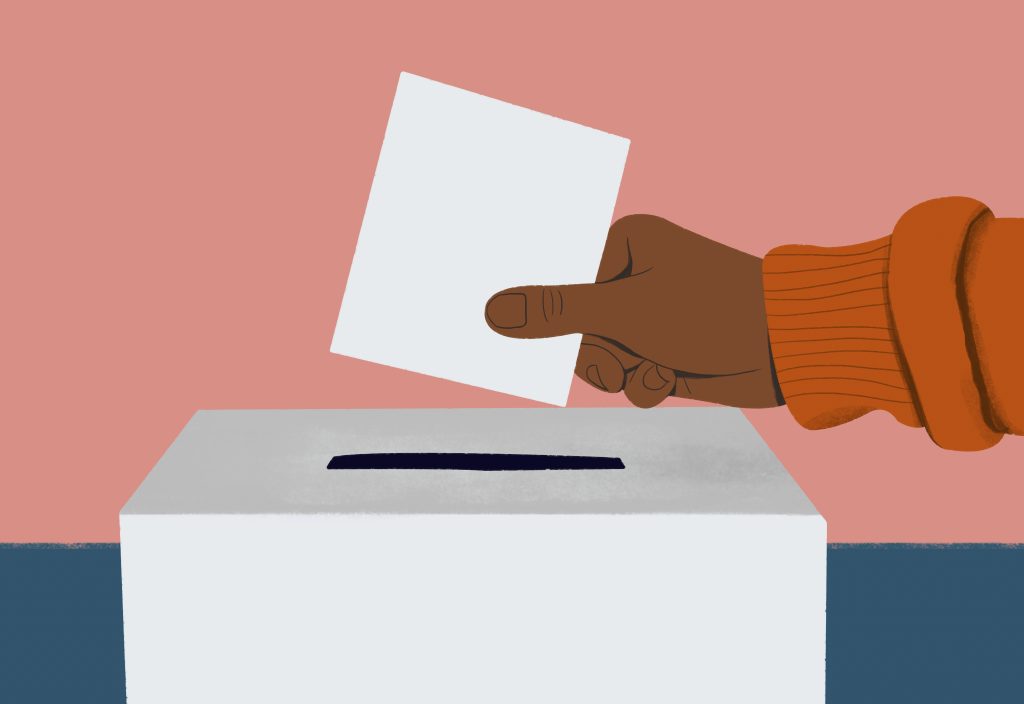Chairman Krug and members of the committee, my name is Samantha Vick and I am a Senior Government Relations Manager with Heartland Impact. Heartland Impact is the advocacy and outreach affiliate of The Heartland Institute, a nearly 40-year-old public policy research organization based in Arlington Heights, Illinois. Both are independent, national, nonprofit organizations working to discover, develop, and promote free-market solutions to social and economic problems. Heartland Impact specializes in providing state lawmakers the policy and advocacy resources to advance free-market policies towards broad-based economic prosperity.
Thank you for this opportunity to voice some apprehensions with Assembly Bill 563. AB 563 would require the use of top five primaries and instant runoff voting for the offices of U.S. senator and U.S. representatives in Congress.
Ranked Choice Voting (RCV) will make things worse for voters already unsatisfied with a process many already believe to be untrustworthy. RCV makes ballots harder to cast for the voter, harder to count by the state, and overall opens more opportunities for outside influence in elections.
With Ranked Choice Voting, already busy constituents who have shown to have limited interest in elections now have to learn about every candidate for each race only to show up to longer lines at polling stations, and a longer overall time commitment for the act of voting. And if this wasn’t unappealing enough, there is a substantial chance, backed by statistics that, one’s vote would end up not even being counted due to votes exhausted in the elimination process.
This is all before we get to longer and more confusing tabulation processes, more costly elections, and longer for victors to be decided and announced.
Ultimately, ranked choice voting bogs down the democratic processes our nation has so proudly boasted for centuries and disenfranchise those who may not have the time, capability, or understanding to take on such an undertaking.
What I mean by that is that Ranked Choice Voting creates a barrier of entry to engaging in the political process by assuming a base level of knowledge and research on the part of the constituent which is not always the case; particularly for those who are busy trying to make a steady living in this economy, those constituents who might be new citizens or know English as a second language, or those first-time voters.
To corroborate all of my aforenoted points, Rank Choice Voting has been attempted in various other parts of the nation and failed both the election system and the voters. RCV was attempted in California, and was miscounted, with a lawsuit now pending. Utah has run a pilot RCV program in local races where they are now concerned that it is making elections more complicated and driving up costs. There is additional concern in Utah that the complexity of RCV is discouraging people from voting and reducing voter turnout.
These examples from other states are paramount to AB 563 and the Wisconsin Legislature because it is so important that we use the mechanisms of democracy to learn from other states. And that lesson is clear, Rank Choice Voting is not a good idea for anyone. Simply put, Ranked Choice voting puts more wight to the view of a narrow majority, and outwardly tosses out ballots for the end goal of manufacturing an artificial majority.


